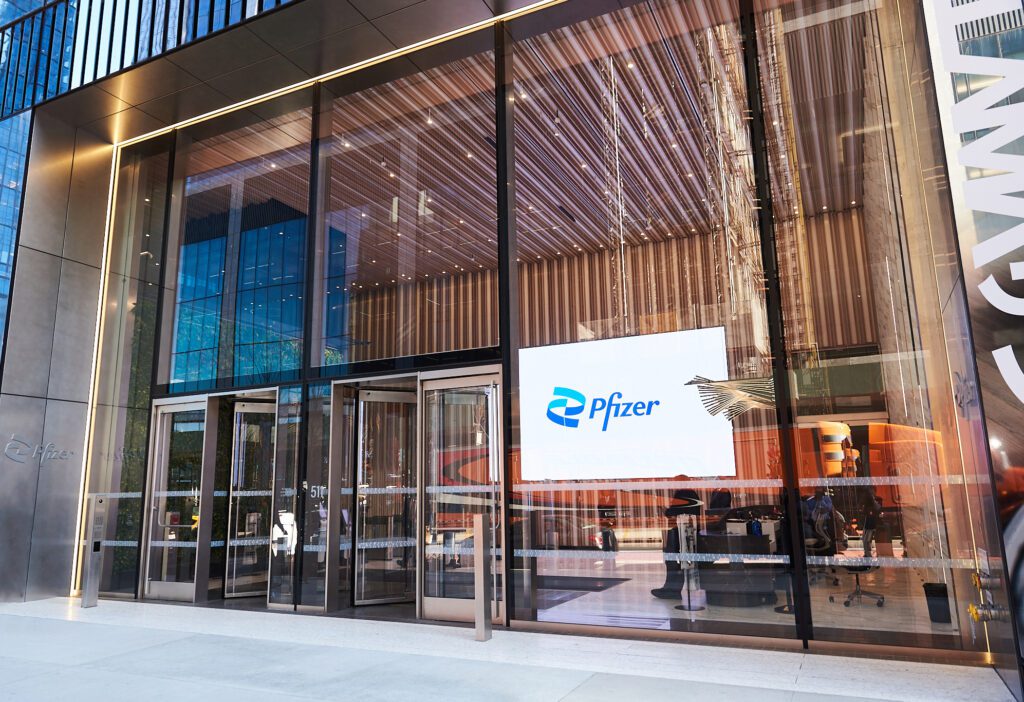
The U.S. Food and Drug Administration (FDA) approved Pfizer’s respiratory syncytial virus vaccine, Abrysvo, to prevent RSV in infants. The August 21 decision comes just in time for the autumn RSV season.
In another win for the “Year of RSV,” Abrysvo is the first vaccine approved for use in pregnant individuals to prevent lower respiratory tract disease (LRTD) and severe LRTD caused by RSV in infants from birth through 6 months. Abrysvo is approved for use at 32 through 36 weeks gestational age of pregnancy.
The FDA previously approved the vaccine for use in older adults.
The approval is a huge milestone in pediatric health care. This is especially notable because the quest for a pediatric RSV vaccine has historically been a challenge for vaccine R&D.
“ABRYSVO’s approval as the first and only maternal immunization to help protect newborns immediately at birth through six months from RSV marks a significant milestone for the scientific community and for public health,” said Annaliesa Anderson, Ph.D., Senior Vice President and Chief Scientific Officer, Vaccine Research and Development, Pfizer.
“We are incredibly grateful to the clinical trial participants and study investigator teams around the world, as well as our Pfizer colleagues, for their commitment to making this vaccine available. Today, a long-sought-after goal to deliver a maternal vaccine that will help protect infants six months of age or younger – when they are at greatest risk of possible serious consequences from RSV—has been achieved.”
Why the RSV vaccine is a game changer for pediatric care
Historically, RSV has been a considerable burden—especially in the pediatric space.
“RSV is a highly contagious virus that causes respiratory infections in individuals of all age groups. It is the most frequent cause of lower respiratory tract illness in infants worldwide,” the FDA explained. “The virus is especially common in children, and most individuals can be expected to be infected with RSV by the time they reach two years of age. While RSV most often causes cold-like symptoms in infants and young children, it can also lead to serious LRTD such as pneumonia and bronchiolitis (swelling of the small airway passages in the lungs). In infants and children, the risk of RSV-associated LRTD is highest during the first year of life. According to the Centers for Disease Control and Prevention, RSV is the leading cause of infant hospitalization in the U.S.”
According to the CDC, there are 58,000-80,000 hospitalizations per year among children younger than five years old who contract RSV. Between 100–300 of those children die.
“RSV is a common cause of illness in children, and infants are among those at highest risk for severe disease, which can lead to hospitalization,” said Peter Marks, M.D., Ph.D., Director of the FDA’s Center for Biologics Evaluation and Research (CBER). “This approval provides an option for healthcare providers and pregnant individuals to protect infants from this potentially life-threatening disease.”
The autumn and winter cold and flu seasons have become more burdensome with the advent of COVID. The necessity of an RSV vaccine has been undeniable. As more RSV vaccines are greenlit—especially the holy grail for pediatrics— parents have more options to keep children healthy.
- SEO Powered Content & PR Distribution. Get Amplified Today.
- PlatoData.Network Vertical Generative Ai. Empower Yourself. Access Here.
- PlatoAiStream. Web3 Intelligence. Knowledge Amplified. Access Here.
- PlatoESG. Automotive / EVs, Carbon, CleanTech, Energy, Environment, Solar, Waste Management. Access Here.
- PlatoHealth. Biotech and Clinical Trials Intelligence. Access Here.
- ChartPrime. Elevate your Trading Game with ChartPrime. Access Here.
- BlockOffsets. Modernizing Environmental Offset Ownership. Access Here.
- Source: https://bio.news/health/vaccine-prevent-rsv-in-infants-pfizer-abrysvo-fda/



